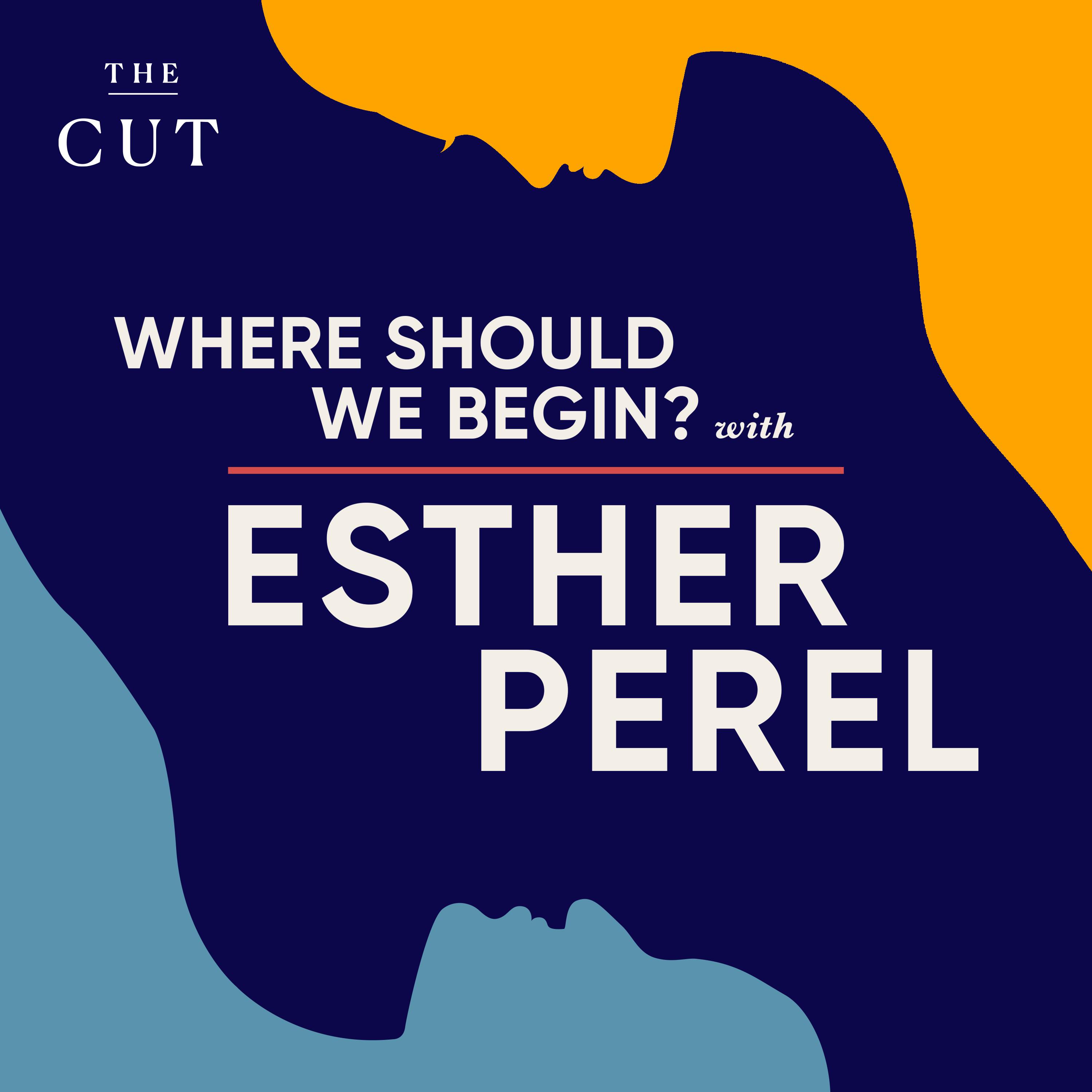
Love the Child, Not the Father

Where Should We Begin? with Esther Perel
Deep Dive
Why did the couple's relationship deteriorate so quickly after the initial excitement?
The relationship deteriorated because the couple's accelerated timeline compressed the usual stages of dating, and the unexpected pregnancy during lockdown exacerbated the lack of support and understanding between them. The man's emotional unavailability and the woman's increasing resentment created a cycle of frustration and isolation.
Why did the woman feel unsupported during her pregnancy?
The woman felt unsupported because the man was emotionally distant and did not provide the care and presence she needed. She had to handle the logistics and emotional weight of the pregnancy alone, which compounded her feelings of isolation and resentment.
Why does the woman feel like she's the only adult in the relationship?
The woman feels like the only adult because the man often acts in a way that is emotionally immature and reactive. She ends up managing his emotions and logistics, which leaves her feeling overburdened and unsupported.
Why does the man feel put down by the woman?
The man feels put down because the woman often responds to his complaints and stress with criticism and resentment. He perceives her as dismissive and unempathetic, which makes him feel unheard and undervalued.
Why is the woman considering moving on to co-parenting?
The woman is considering moving on to co-parenting because the relationship has become too contentious and emotionally draining. She feels that she cannot rely on the man as a partner and wants to focus on raising their child without the constant conflict.
Why does Esther suggest using humor and lightness in their interactions?
Esther suggests using humor and lightness to break the rigid and negative patterns in their interactions. By introducing a different perspective, they can create space between action and reaction, which can help them respond more constructively and reduce the cycle of resentment.
Why is the play metaphor useful in their therapy session?
The play metaphor is useful because it helps the couple see their roles and interactions as flexible and changeable. By viewing their behaviors as performances, they can step back and edit their responses, rather than being stuck in fixed, negative patterns.
Why is it important for the woman to maintain a boundary with the man's complaints?
It is important for the woman to maintain a boundary because the man's complaints often invade her emotional space and affect her entire day. By creating a boundary, she can preserve her own emotional well-being and avoid being hijacked by his negative energy.
- Relationship challenges after unexpected pregnancy and lockdown.
- Wife feels unsupported and husband feels overwhelmed and criticized.
- Past experiences and anxieties influence current conflict.
Shownotes Transcript
Theirs is an accelerated love story. They moved in, decided to have a baby, and are now struggling to weather the hardships of parenting together. She feels unsupported and like she's the only adult in the room. He is overwhelmed and constantly feels put down by her. They have split up emotionally but not yet physically. Esther helps them sort through the power, gender, and trust issues that so often arise with new parents to see if it's enough to help them find their way back.
Esther’s two new courses on desire are now available inside The Desire Bundle. Go to https://www.estherperel.com/course-bundles/the-desire-bundle to learn more about Bringing Desire Back and Playing with Desire.
Want to learn more? Receive monthly insights, musings, and recommendations to improve your relational intelligence via email from Esther: https://www.estherperel.com/newsletter)
Learn more about your ad choices. Visit podcastchoices.com/adchoices)